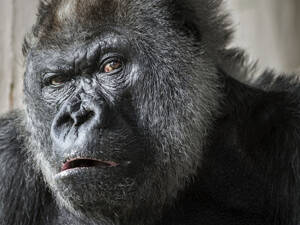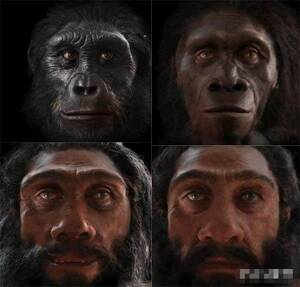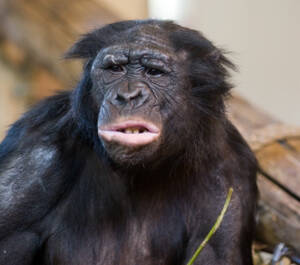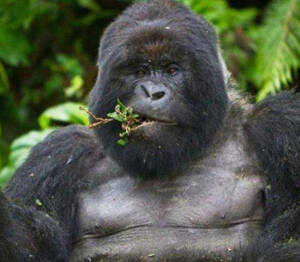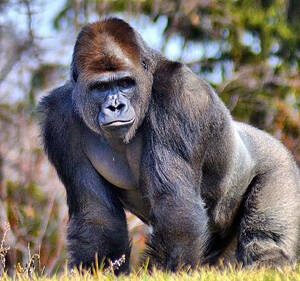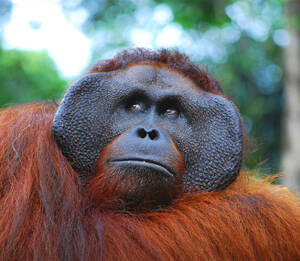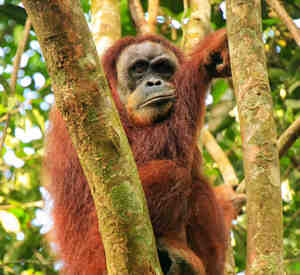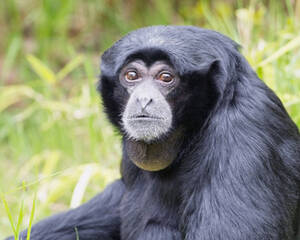Nomascus siki
IUCN
LCBasic Information
Scientific classification
- name:Nomascus siki
- Scientific Name:Nomascus siki,Southern White-cheeked Gibbon
- Outline:Primates
- Family:Hylobates B.Gibbon
Vital signs
- length:45-62cm
- Weight:7-10kg
- lifetime:No verification information
Feature
There is a patch of white or yellow hair on each side of the cheek from the corner of the mouth to the top of the ear.
Distribution and Habitat
Distributed in Laos and Vietnam.
Inhabits tropical rainforests and subtropical monsoon forests.
Appearance
The body length is 45-62 cm and the weight is 7-10 kg. The legs are short, the palms are longer than the soles of the feet, and the knuckles are long; the body is slender, with broad shoulders and narrow hips; it has long canine teeth. The body hair is long and rough. The male is mainly black with a faint silver color, but there is a patch of white or yellow hair on each side of the cheek from the corner of the mouth to the top of the ear. The female's body hair is orange to creamy white, and there is no black hair on the abdomen, which distinguishes it from the black-crested gibbon.
The characteristic of this species is that the fur has different colors at different stages of its growth. The hair of weaned babies is light yellow to white; juveniles are black for both sexes; when they reach adulthood, females return to light yellow to white, with black stripes on the crown or neck. Males remain black and have a wide, thick, arc-shaped, eye-catching white cheek whiskers around t
Details
The Southern White-cheeked Gibbon (scientific name: Nomascus siki) was confirmed as an independent species in 1972. It was previously considered a subspecies of the white-cheeked gibbon. It lives in trees. It is active during the day. It is good at swinging its arms alternately, bending its fingers into hooks, and lightly grasping branches to throw its body, swinging forward in the air.
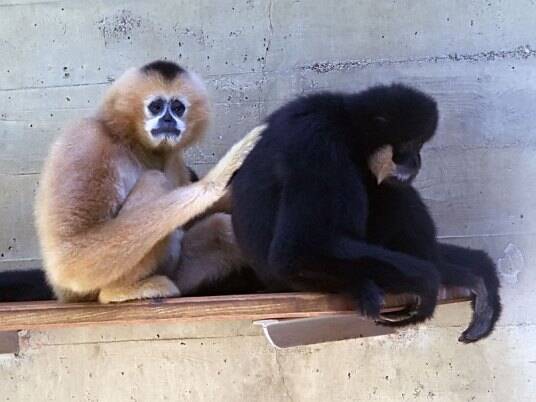
Listed in the 2008 Red List of Endangered Species of the World Conservation Union (IUCN) ver 3.1 - Endangered (EN).
Protect wild animals and stop eating game.
Maintaining ecological balance is everyone's responsibility!

